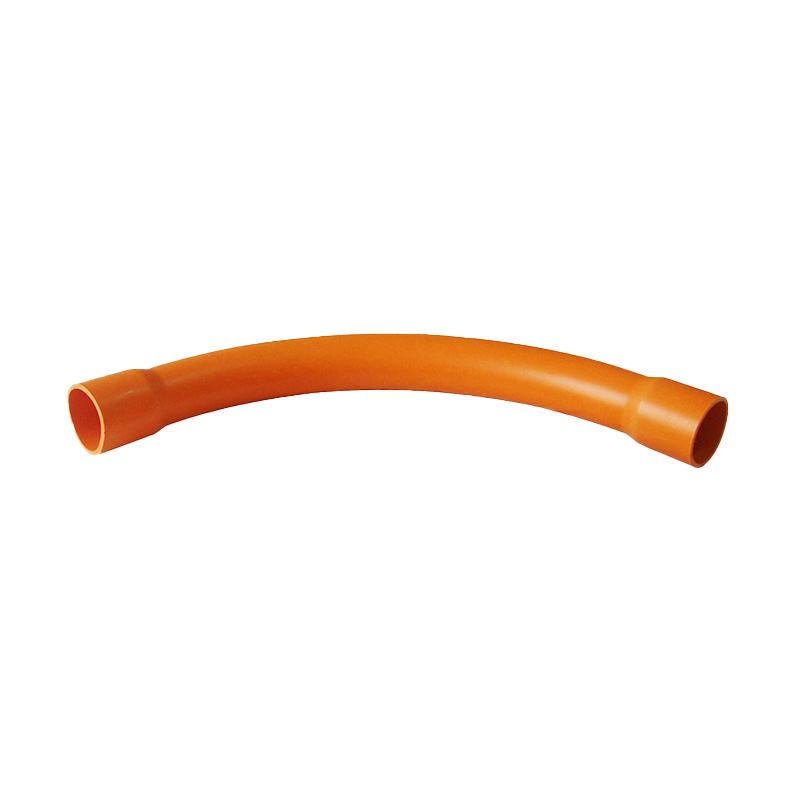Waterproof nylon cable connectors are designed to withstand various environmental conditions, providing protection for electrical connections in challenging situations. The specific conditions they can endure may vary based on the product's design and specifications. However, generally, waterproof nylon cable connectors are engineered to resist the following environmental conditions:
Water Ingress: These connectors are designed to be waterproof, protecting electrical connections from water ingress. They can typically withstand exposure to rain, splashes, or even temporary submersion.
Dust and Particulate Resistance: Waterproof nylon cable connectors are often built to resist the intrusion of dust, dirt, and other particulate matter, making them suitable for use in dusty environments.
Temperature Extremes: Many waterproof nylon connectors are designed to operate within a broad temperature range. This may include resistance to both high and low temperatures, making them suitable for use in diverse climates and weather conditions.
UV Radiation: Some connectors are UV-resistant, which means they can withstand prolonged exposure to sunlight without degrading or becoming brittle. This is especially important for outdoor applications.
Chemical Resistance: Depending on the design and materials used, waterproof nylon cable connectors may offer resistance to certain chemicals, oils, and solvents, making them suitable for use in industrial or harsh chemical environments.
Vibration and Mechanical Stress: Connectors may be built to withstand vibrations and mechanical stress, ensuring that the electrical connections remain secure even in applications with significant movement or mechanical impact.
Corrosion Resistance: The materials used in waterproof nylon cable connectors are often corrosion-resistant, protecting the connectors from degradation due to exposure to moisture and other corrosive substances.
Outdoor Exposure: These connectors are well-suited for outdoor use, where they may be exposed to various weather conditions, including rain, snow, and sunlight.
Saltwater Resistance: In marine or coastal applications, waterproof connectors may be designed to resist the corrosive effects of saltwater, ensuring longevity in such environments.
Flame Retardancy: Some connectors are engineered to be flame-resistant or self-extinguishing, adding an extra layer of safety in situations where fire risk is a concern.
 Abroad:[email protected]
Domestic:[email protected]
Abroad:[email protected]
Domestic:[email protected]
 Abroad: +86-18157471290
Domestic: +86-18157471293
Abroad: +86-18157471290
Domestic: +86-18157471293
- Home
- Products
- Industrial connectors
- Waterproof housings
- Power distribution box sets
- ABS electrical accessories
- Cables
- Moulds
- Power Distribution Board/Box
- Extension Lead with Plug
- AS/NZS Waterproof Electrical Products
- C Series IEC/CEE Waterproof Electrical Products
- B Series IEC/CEE Waterproof Electrical Products
- Waterproof Window Cover
- Waterproof Plastic/Metal/Aluminum Box
- House Use Electrical Items
- About Us
- FAQ
- News
- Contact Us

